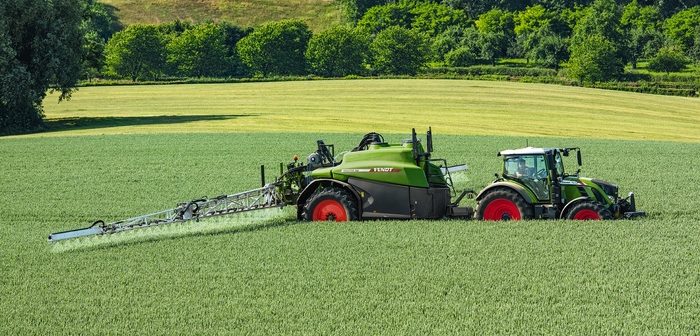Adama Ltd has announced that it is developing a novel fungicidal active ingredient for the protection of cereals and oilseed rape.
The new molecule, Gilboa™, provides protection against a range of diseases including septoria, ramularia and sclerotinia, and has been submitted to the Fungicide Resistance Action Committee (FRAC) where it is expected to be assigned a new mode of action group in cereals.
“In addition to protecting crops against several key diseases, Gilboa also offers growers a valuable resistance management tool to safeguard the ongoing efficacy of existing fungicides,” explains Ben Miles, managing director of Adama UK.
Gilboa was submitted for registration in 2023, and the company expects approval for use in Great Britain in 2027 and the EU in 2029. Subsequent registrations are also planned for additional territories.
“In the past five years, farmers throughout the EU and Great Britain have lost access to 68 pesticide active ingredients due to regulatory changes,” Ben continues. “At the same time, new molecules which target septoria in wheat, ramularia in barley, or sclerotinia in oilseed rape have been few and far between, leaving growers with fewer and fewer crop protection options.
“Today’s announcement is therefore significant for everyone involved in cereal and OSR crop protection as it gives growers and agronomists hope of an additional and innovative way of tackling serious fungal diseases.”
Unlike existing solutions, many of which are based on SDHI and DMI chemistries, Gilboa targets a different pathway within pathogens, with extensive field trials also showing that its inclusion in crop protection programmes, either as a replacement for, or alongside other modes of action, can enhance crop quality and yield.
“We expect Gilboa to be a standout solution to the disease challenges faced by arable crops in the UK and beyond, and look forward to launching our first Gilboa-based products,” adds Ben.




